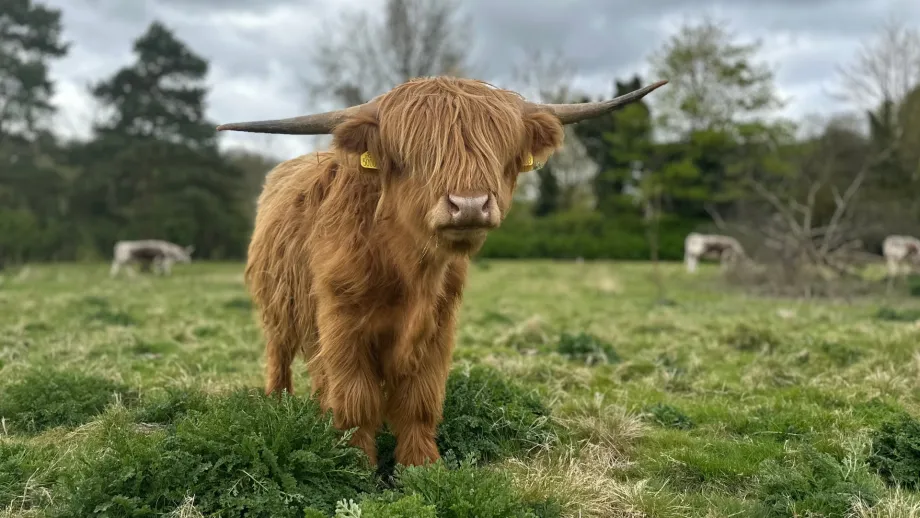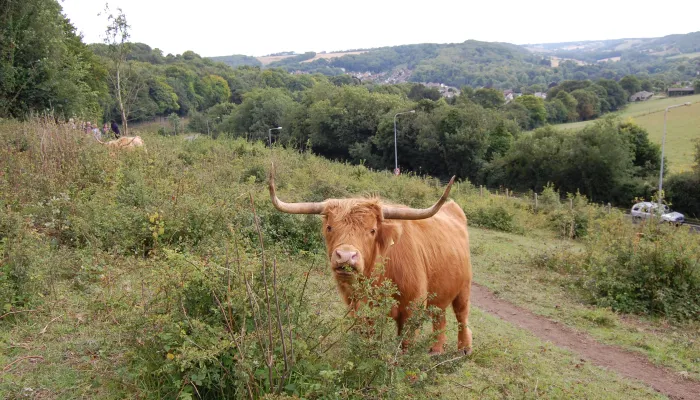
Jess Allam
Alison Ruyter leads Kent Wildlife Trust’s Wilder Grazing Programme, she said: “By taking this proactive approach, Kent Wildlife Trust aims to ensure the long-term sustainability of its conservation grazing projects. Protecting livestock from bluetongue will not only safeguard the Trust’s financial stability but also maintain its ability to manage important habitats effectively.
“We are committed to the welfare of our livestock, the dedication of our volunteers, and the health of the landscapes we care for. Sadly, the warmer winters have created a route into the UK for this disease and vaccinating against bluetongue is a necessary step to protect our animals and continue our mission of preserving biodiversity across Kent.”
If you would like to contribute to the charities Wilder Grazing efforts, you can make a donation through the Nature Nightmares appeal.

